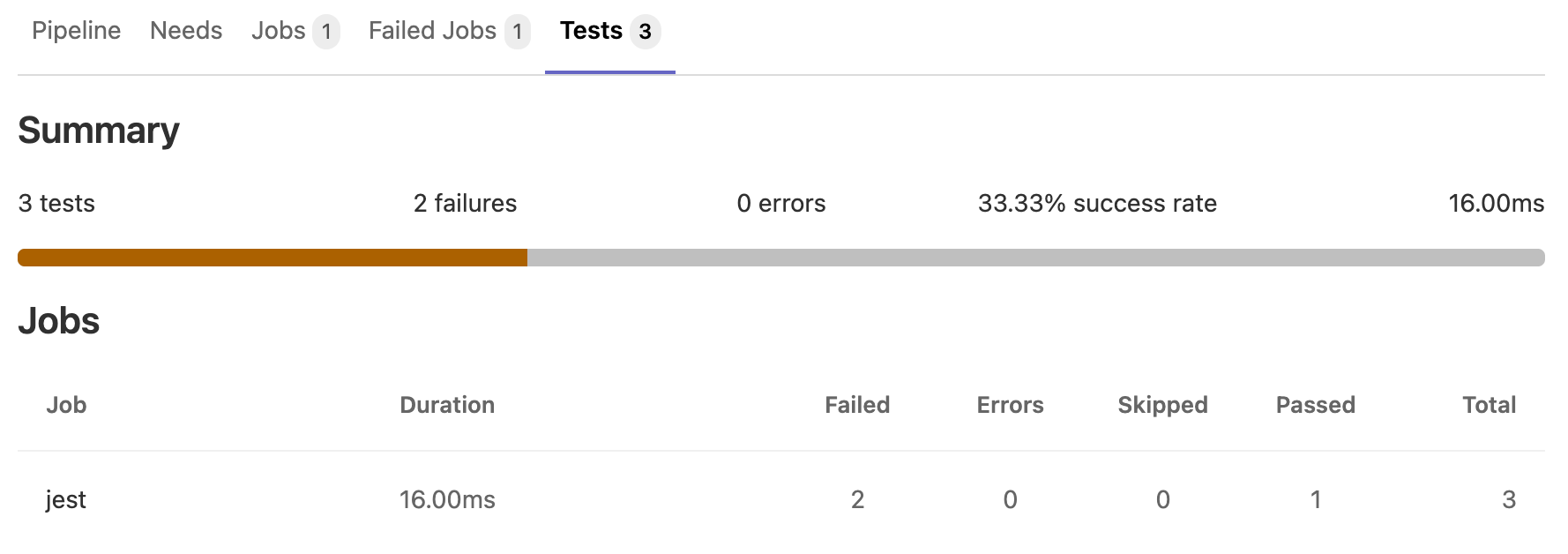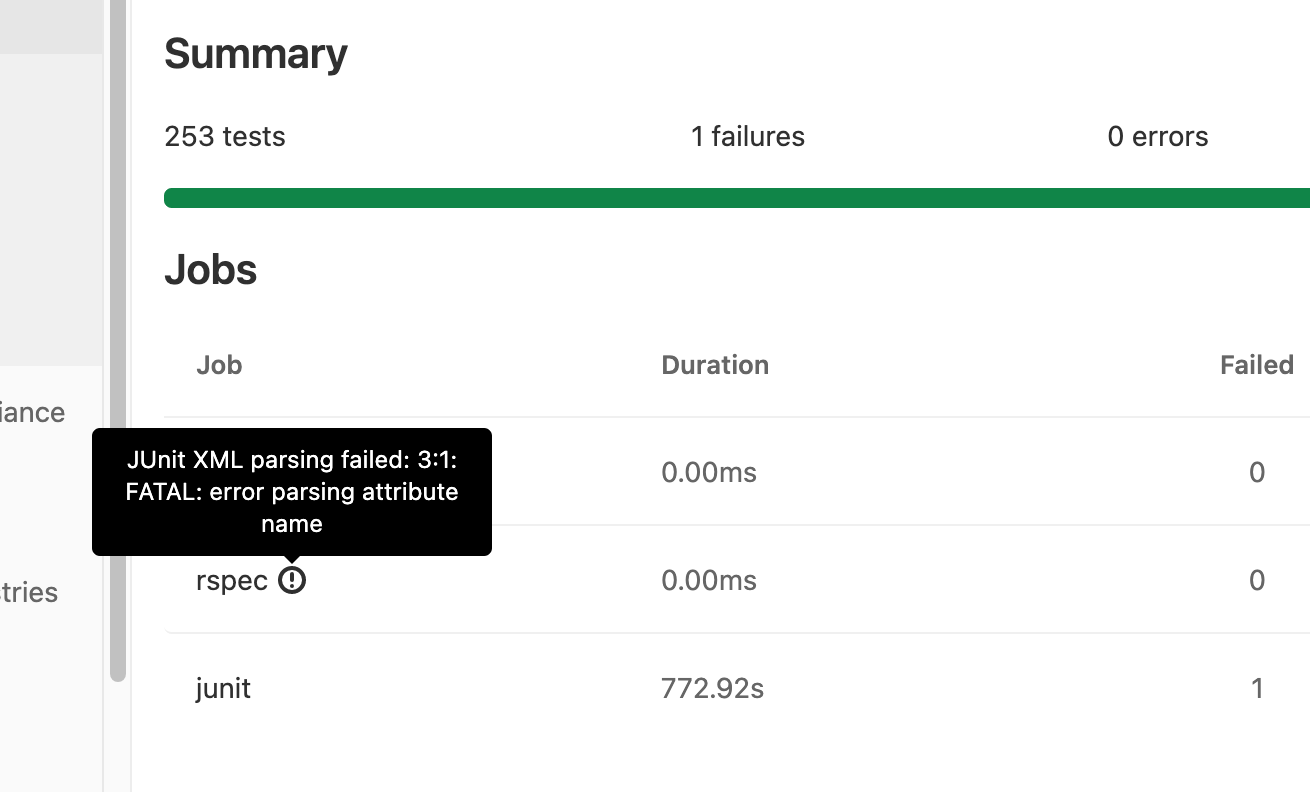We have a test suite in our gitlab pipeline which produces Allure test reports. To make these results available after the test, we currently publish the results to artifacts and have an allure serve running which makes them available over a subdomain, based on the branch name.
We would like to host the test results with gitlab pages for each branch. However we can only ever host one version of a page through gitlab pages at one time. This is a problem since we want to host the test results for each branch, not only for the last executed branch. It seems like this is currently not possible without hacks.
I also found this 3 year old gitlab issue about the topic which indicates this is coming in some version of gitlab in the future.
Is there a better way to do this? Or is our best bet currently to wait until this becomes available in gitlab?



https://docs.gitlab.com/ee/ci/pipelines/job_artifacts.html#browsing-artifacts
This sound to me like you just need GitLab pages enabled and then can browser HTML files from the artifacts repository.
(correct me if a m wrong)